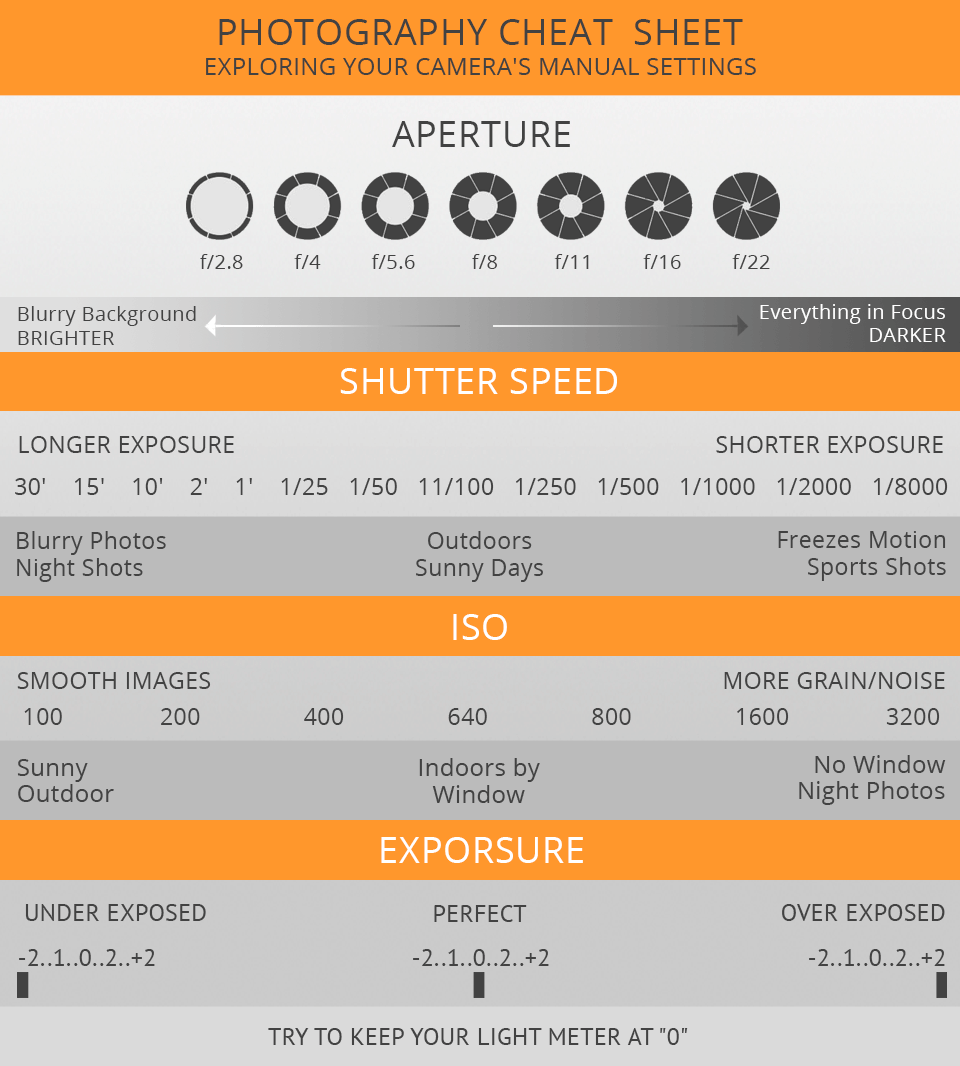Typical Errors New Photographers Make And How To Prevent Them
Typical Errors New Photographers Make And How To Prevent Them
Blog Article
Material Develop By-Morris Fenger
As a new digital photographer, it's very easy to get caught up in the appeal of high-end equipment and forget the fundamentals that absolutely boost your craft. You might find yourself annoyed when your pictures don't mirror the vision you desired. Usual bad moves, like disregarding lighting basics or ignoring composition concepts, can hold you back greater than you understand. However recognizing these challenges can change your technique. Let's explore these blunders and exactly how you can avoid them to improve your digital photography trip.
Disregarding Lights Basics
Overlooking illumination basics is one of the largest bad moves new professional photographers make. You might think that catching a terrific picture is everything about your video camera setups or the most up to date gear, but the reality is, illumination is essential. Appropriate lighting can elevate your pictures from ordinary to spectacular, and comprehending it can save you from countless missed chances.
First, take note of all-natural light. The golden hours-- shortly after dawn and before sunset-- supply soft, lovely light that improves your topic. Prevent rough lunchtime sun, which can cast unflattering shadows. If City Portraits shooting inside your home, position your subject near home windows to benefit from diffused light.
Next off, learn to manipulate man-made illumination. Try out different sources, like lights or outside flash. Use copyright Pr photo near me to bounce light back onto your topic for a softer result. Don't forget that shadows can include depth; accept them rather than hesitating.
Finally, Medical Residency Photography adjusting your cam settings according to the lights conditions. Understand how shutter rate, aperture, and ISO interact to accomplish the desired direct exposure.
Overemphasizing Equipment
Several brand-new photographers fall into the catch of believing that having the latest and greatest gear will instantly improve their digital photography. While it's tempting to believe that a higher-end camera or a fancy lens will certainly boost your job, the truth is that it's not just about the tools you utilize.
Your abilities, imagination, and understanding of photography play a much larger duty in producing stunning images. Buying top-notch gear can be valuable, yet it should not be your key emphasis. Instead, concentrate on grasping the fundamentals-- light, structure, and storytelling.
You can take awesome pictures with a basic video camera if you understand how to use it efficiently. Usually, it's the digital photographer's vision, not the gear, that makes the difference.
Additionally, overstating tools can bring about aggravation and exhaustion. You might find yourself continuously chasing the next piece of gear as opposed to refining your craft.
Neglecting Structure Principles
When you grab your camera, it's very easy to concentrate solely on the topic, yet overlooking structure principles can result in lackluster photos. Composition is the foundation of digital photography; it overviews the visitor's eye and develops an aesthetic story. If you ignore it, your stunning topic may obtain lost in a cluttered frame.
Begin by applying the regulation of thirds. Envision your framework separated right into 9 equivalent parts by 2 horizontal and two vertical lines. Setting key elements along these lines or at their junctions for a well balanced and interesting shot.
Additionally, take into consideration leading lines. Use all-natural lines in your scene to draw the visitor's eye toward the subject.
Don't forget about framework. Usage bordering components to develop a "framework within a framework." This method can add deepness and emphasis to your subject.
Last but not least, take notice of negative space. In some cases, less is extra. Permitting void can enhance your prime focus and produce an extra powerful photo.
Verdict
In conclusion, by steering clear of these common challenges, you can elevate your digital photography abilities considerably. Concentrate on understanding lights, composition, and exposure as opposed to getting shed in costly gear. Don't undervalue the power of post-processing, either-- it can really change your images. Remember to pick the correct time of day for capturing, as lighting plays an essential role in your results. Welcome these suggestions, and view your digital photography prosper!
